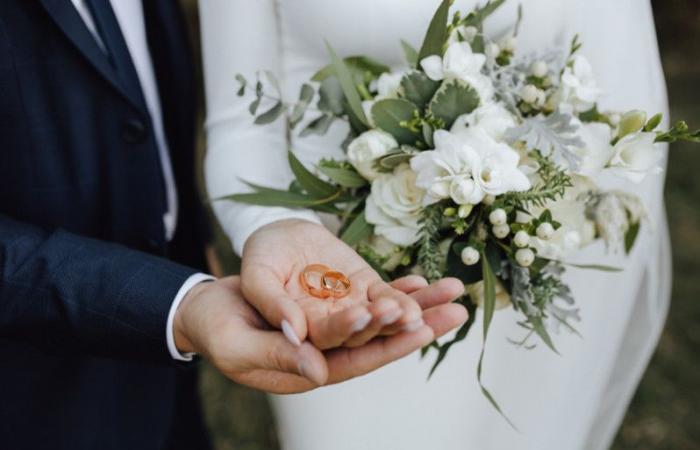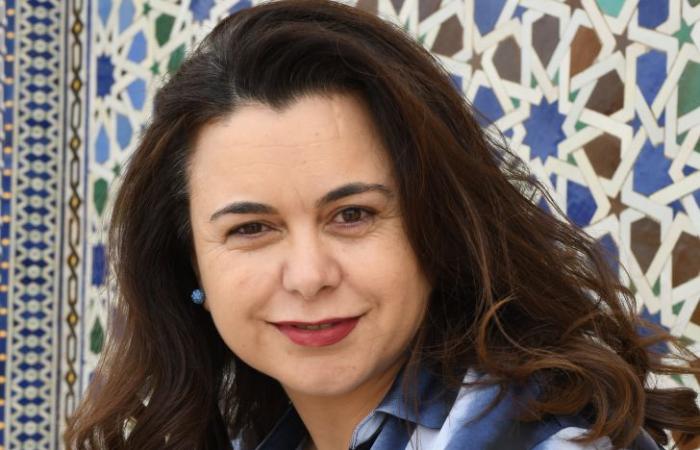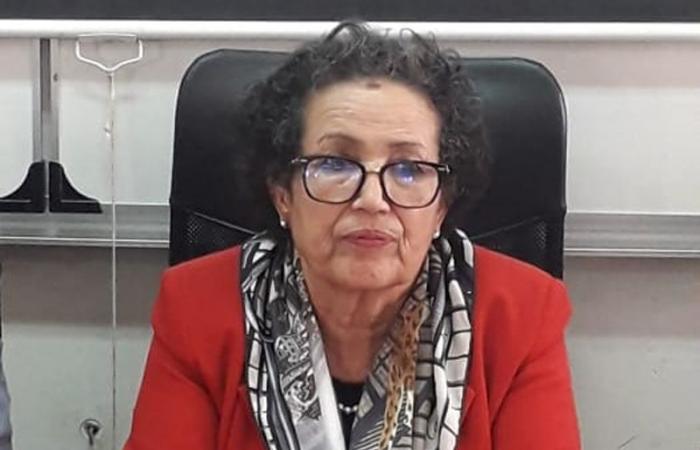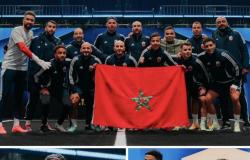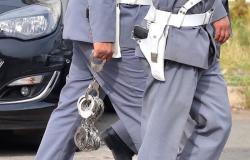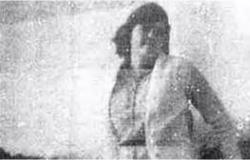JavaScript is disabled! Why you want to do so? Please enable JavaScript in your web browser!
The Council of Ulemas blocked the Taâssib reform proposals. This rule consists of searching in the family of the mother or father, to take a part of the inheritance of the only daughter or sisters without brothers.
“We want to make a law that is consistent with Islam and consistent with logic,” declared Me Khadija El Amrani, lawyer and feminist activist, in reaction to the revelations on the reform of the Moudawana. “We are not asking to reform Sharia law. It is only a matter of a few alterations, to distinguish between what is the divine word and the word of man”.
“Our great disappointment is that it was possible to abolish the collateral beneficiaries of Taâssib [héritage ar agnation]”, she specifies.
“Today, we continue to sanctify the Koran which is the sacred reference text. But why has there not been an effort on the part of the Council of Ulemas to avoid injustices, to review the words of the Fouqaha? Since they are the ones who set up this system, they are the beneficiaries of Taâssib”.
“We asked, and it was also feasible, that Article 280 of the Moudawana be amended. This provides that you can make a will for the benefit of an heir, but under two conditions. That all future heirs validate the will before the death of the future deceased, and that after the death of the deceased, once again, the will is not contested by any of the heirs. Which makes it impossible. There will always be a protester”.
“Regarding DNA and parentage, it’s a very big disappointment. This is the famous article 148 of the Moudawana, DNA will not be considered as proof to attest to paternity. They are children who have committed no sin. They are given the right to life. And we don’t give them the right to dignity.”
We have to find an in-between. They don’t want DNA parentage, so they make a law that favors abortion
“These are children to whom the door to identity is closed. But I don’t think Islam has this desire to deprive human beings who are in this situation, who are innocent. Believe me, civil society was convinced that these two points would be accepted”.
“We still have hope. There is a civil society debate that has started. But what I understand from these amendments is that there was a closing the door of Ijtihad on the question of inheritance, on DNA, on affiliation”.
For Sanaa El Aji El Hanafi, feminist activist and communications consultant, Taâssib and DNA filiation are the two most disappointing points of the Council of Ulema’s proposals. “There is no firm Koranic text regarding these two points,” she emphasizes.
“You should know that there are enormous aspects in the management of daily life where there are firm Koranic texts: like when we talk about thieves whose hands must be cut off, of all the management of relationships with slaves, or what is called in the Penal Code, for example, marital infidelity or sexual relations outside marriage. In principle, there are Koranic texts which govern them. Except that for these points, we have chosen to subscribe to codes of civic laws which are not necessarily inspired by religion”, recalls Sanaa El Aji El Hanafi.
4,000 to 5,000 children conceived outside of marriage
“So I don’t see why when it comes to women’s rights and individual freedoms and, also in the case of recognition of paternity, we insist on remaining attached to the Koranic text. I find this particularly disappointing because today there are between 4,000 and 5,000 children conceived out of wedlock in Morocco, and it is they who are made to pay the price. Mothers also suffer, dads are completely free to have sex, men in general, because they will never be prosecuted or responsible for the children they may father”.
“And then, above all, what is a shame is that it is the children who pay the high price. And in fact, there is no adoption. They cannot be attached to their adoptive family, they cannot be attached to their biological parents”.
Completely at odds with science
“Today, it’s as if we were breaking away from science. We have 99.99% scientific proof recognized by science, and which we use in criminal proceedings. That is to say that we will use DNA to demand justice, to have a fair and legal judgment based on science, but not for recognition of paternity. It’s the same scientific proof, but it will be used there and not there.”
“For the Taâssib, it’s the same thing. There is no firm Quranic text. Today, we have different socio-economic realities. And it’s really discrimination based on gender, that is to say that when there is a boy in the family, the inheritance is distributed unequally, but remains in the family, whereas when there is no ‘there are no boys, the girl or girls are deprived of their rights… Whereas scientifically, no one can decide the sex of the children they can have.’
Donation. It’s as if we were being told: here are the laws and here’s how to get around them
“It’s an injustice to girls. And the solution proposed by the minister is as if we were being told: here are the laws, but here is how to get around them. And then, some parents may die before being able to carry out a donation procedure, for example.”
“We have not opened the way to the will, while once again, the Koranic text encourages the will, that in each verse of distribution of inheritance, it is said that this distribution must take place after payment of debts and wills”.
“So the Quranic text encourages the will. We could also have opened the door of the will, because the blocking of the will remains an interpretation of the Koranic texts. These are interpretation efforts that have been made by men, who may be wrong and who made their efforts to interpret according to the socio-economic realities of their time. These are men who made efforts at interpretation, perhaps in good faith, because it was linked to a socio-economic reality. It is no longer the same today, whether for DNA, Taâssib or wills.”
The jurist and feminist activist Fatna Sarehane believes separately that the Taâssib finds no basis in the precepts of Islam, whether the Qur’an or the Sunnah, and that it is an invention of the Fouqaha. This is a great disappointment since this “demand was made by all women’s rights associations and those who are really interested in women’s inheritance”.

Donation already exists in Moroccan law
“The Council suggested that parents make a donation to their daughters. But donation under Moroccan law already exists, and many parents use this legal method to spare their daughters from sharing with other people. SO, donation under Moroccan law is open without restriction either for the people or for the cash, that is to say the amount, unlike the will which excludes the heirs and which considers that one third should not be exceeded,” recalls Fatna Sarehane.
“The bill must take into consideration Moroccan law, positive law. Personally, I expected the path to be opened to the will, that is to say that there would not be this restriction in relation to the heirs, because the latter under Moroccan law do not benefit from the will. . The will can first correct injustices, but also protect the testator, because the daughters will only appropriate what was given to them by will after the death of the person concerned.
“And that is a great protection for the donor. We know that, for example, for donations, the individual has complete freedom. He can even give away all of his possessions, but he is not protected from the vagaries of life. So the Ulema must take these situations into account, so why exclude the Taâssib from the abrogation? It would have been the ideal solutionas other legislations have done. For example, Tunisian legislation repealed the Taâssib. When girls are all alone, they inherit everything,” concludes Fatna Sarehane.
Do you have a real estate project in mind? Yakeey & Médias24 help you make it happen!
© Media24. Any reproduction prohibited, in any form whatsoever, without written authorization from the Société des Nouveaux Médias. This content is protected by law and in particular law 88-13 relating to the press and publishing as well as laws 66.19 and 2-00 relating to copyright and related rights.

